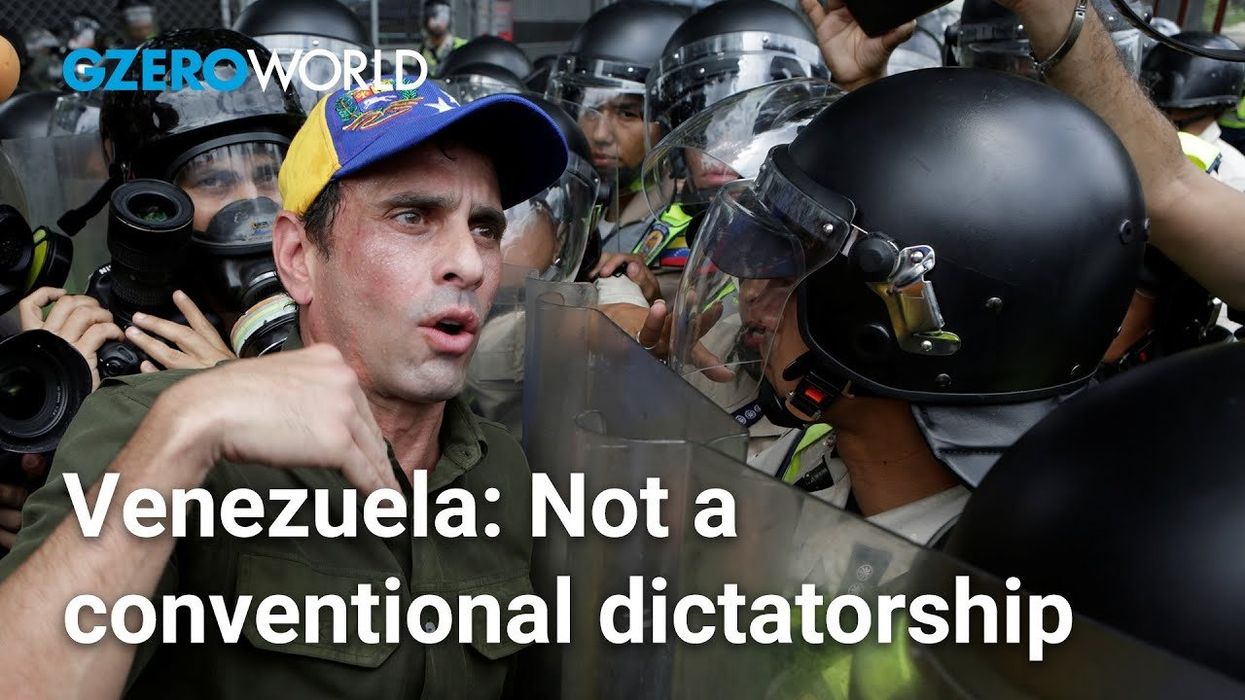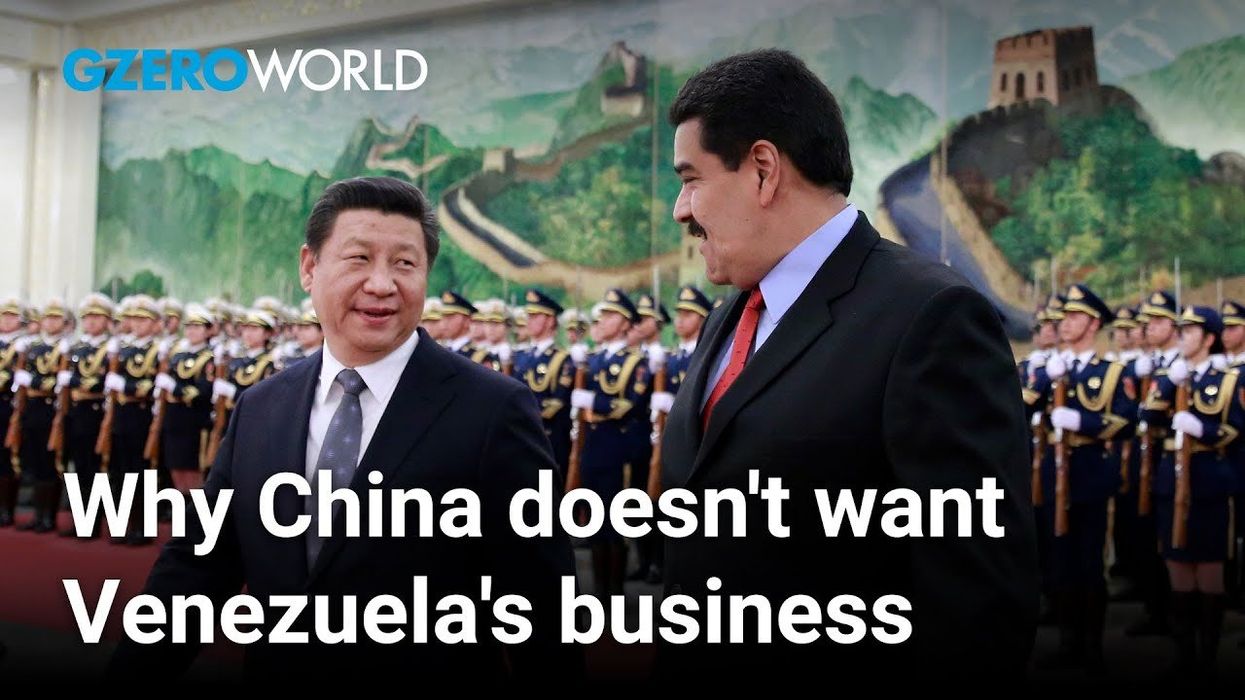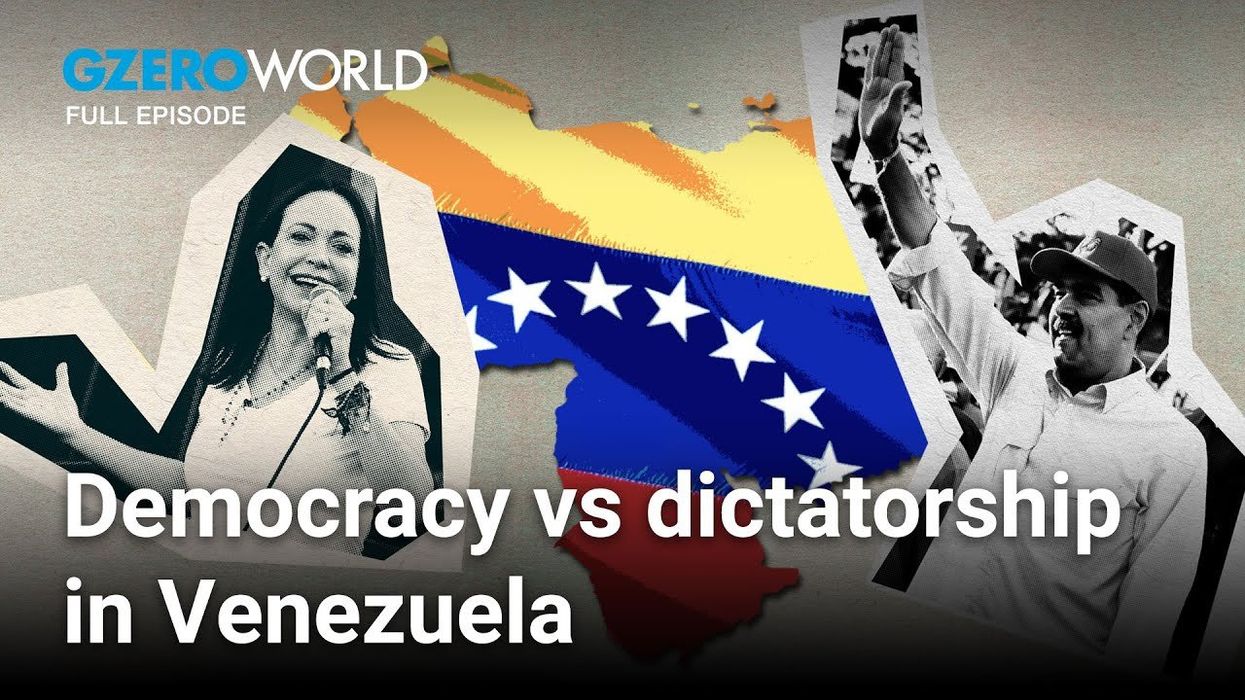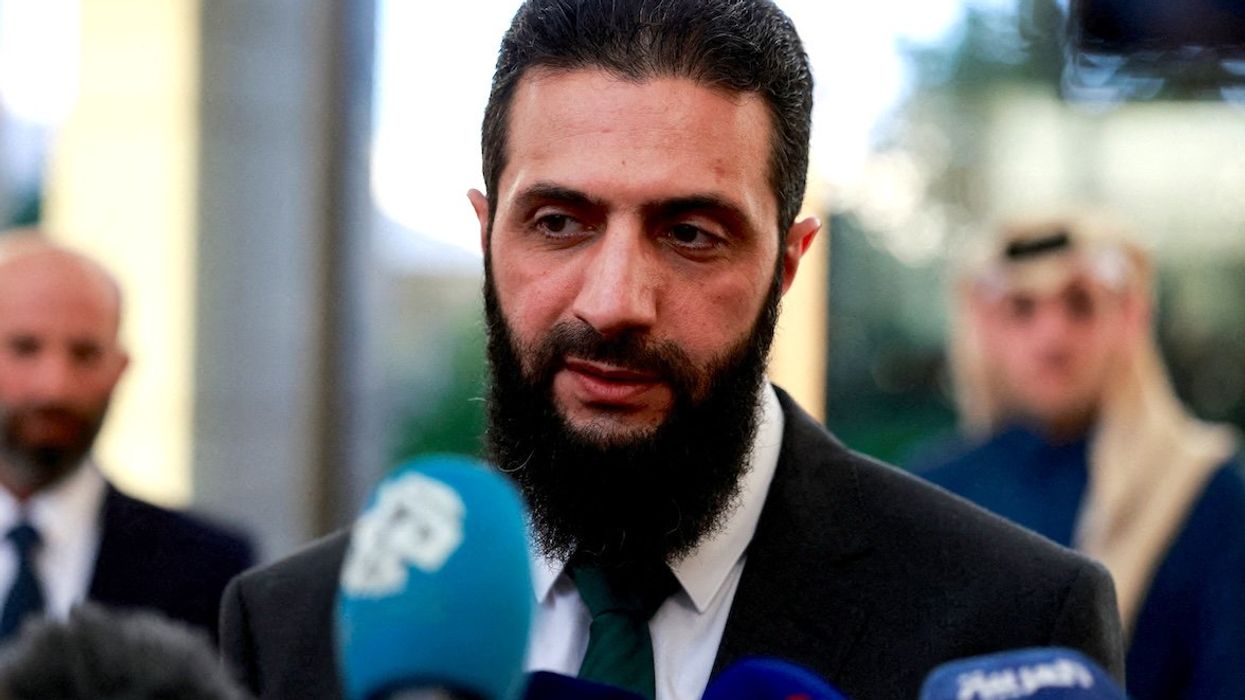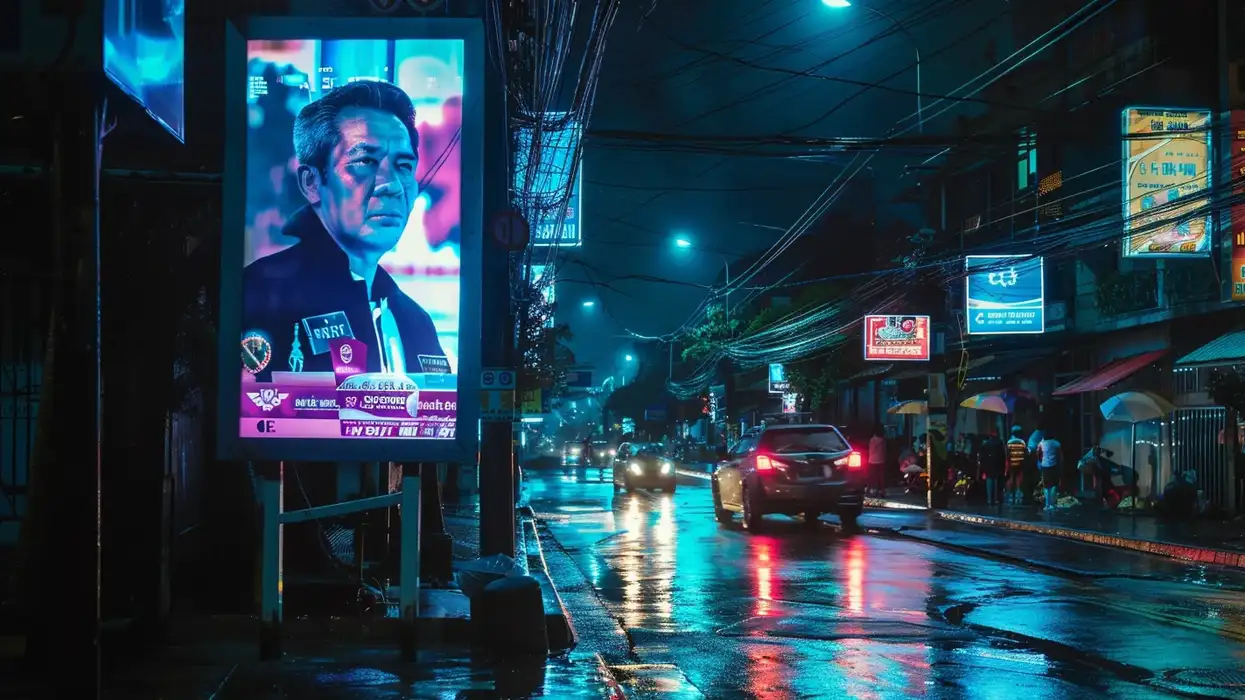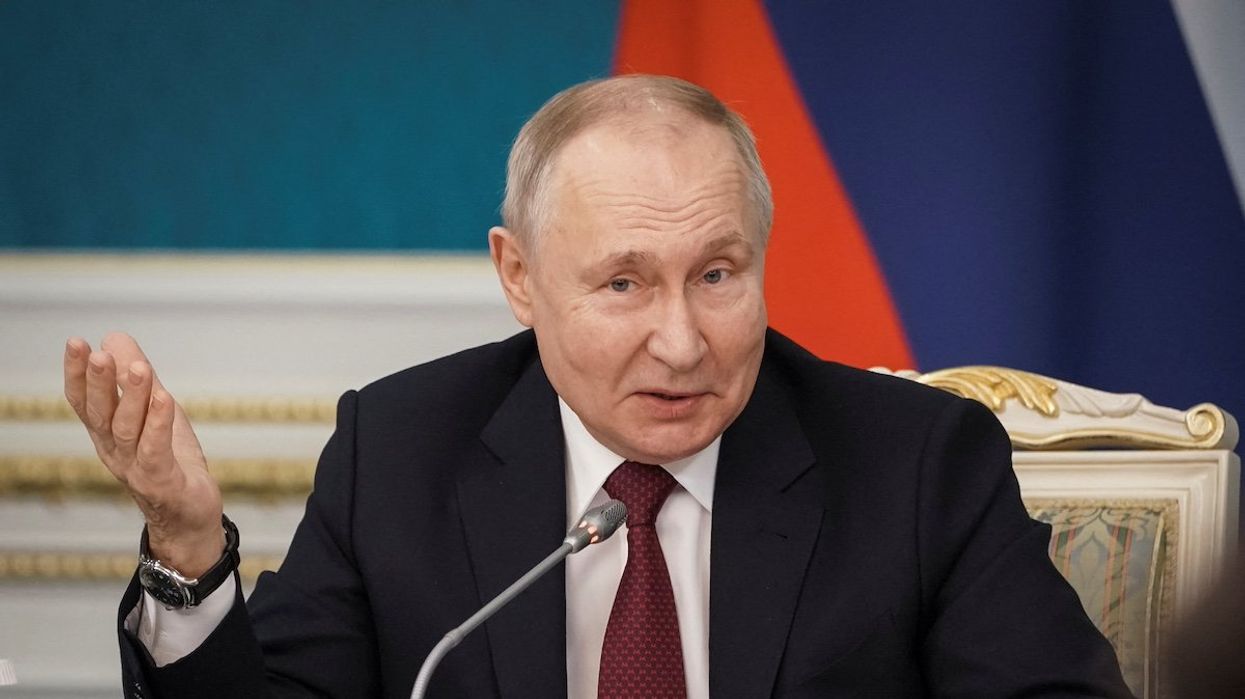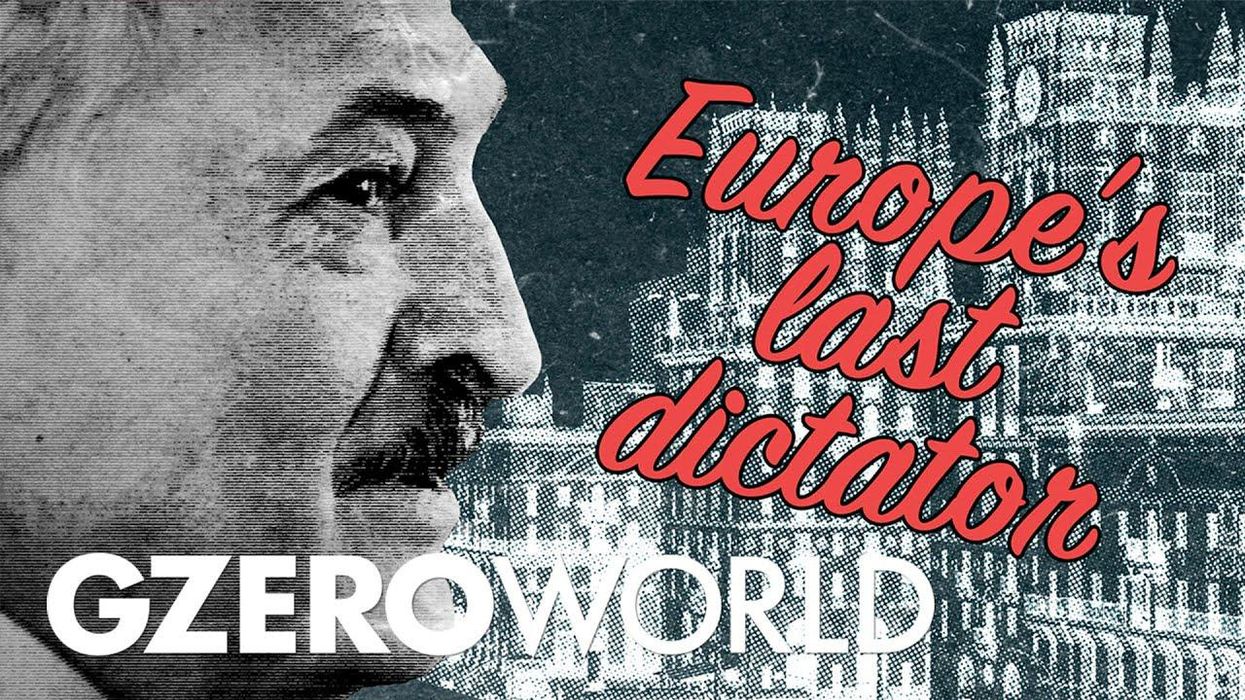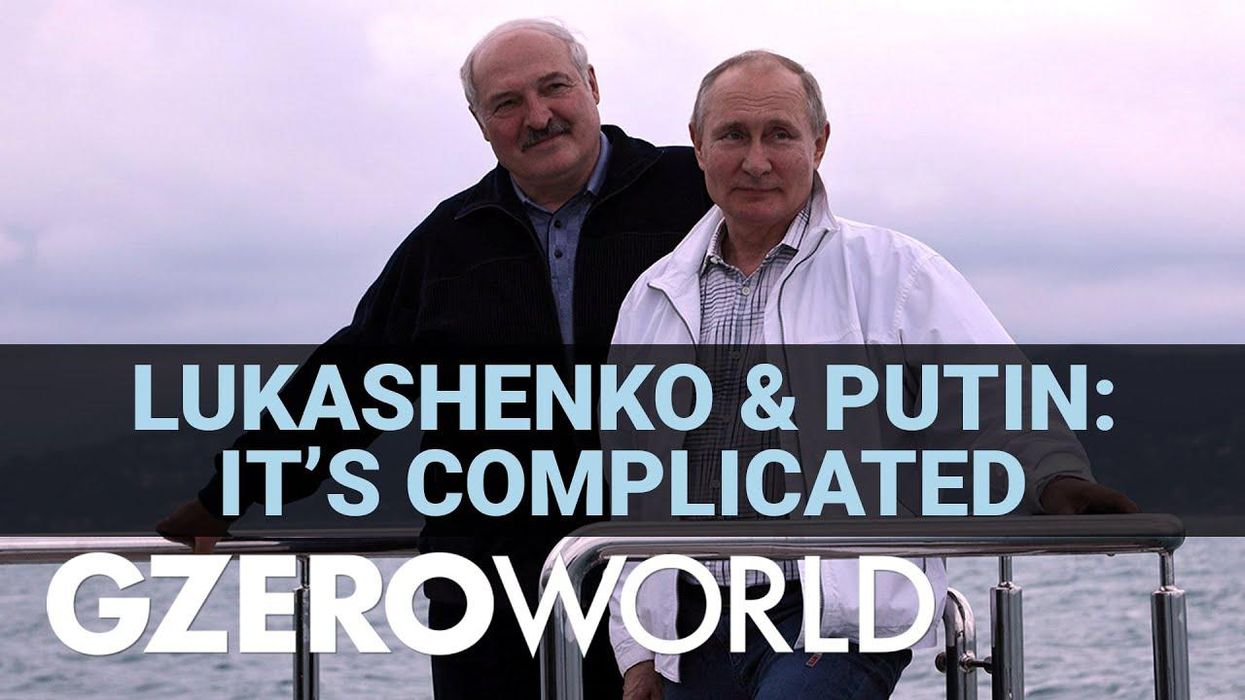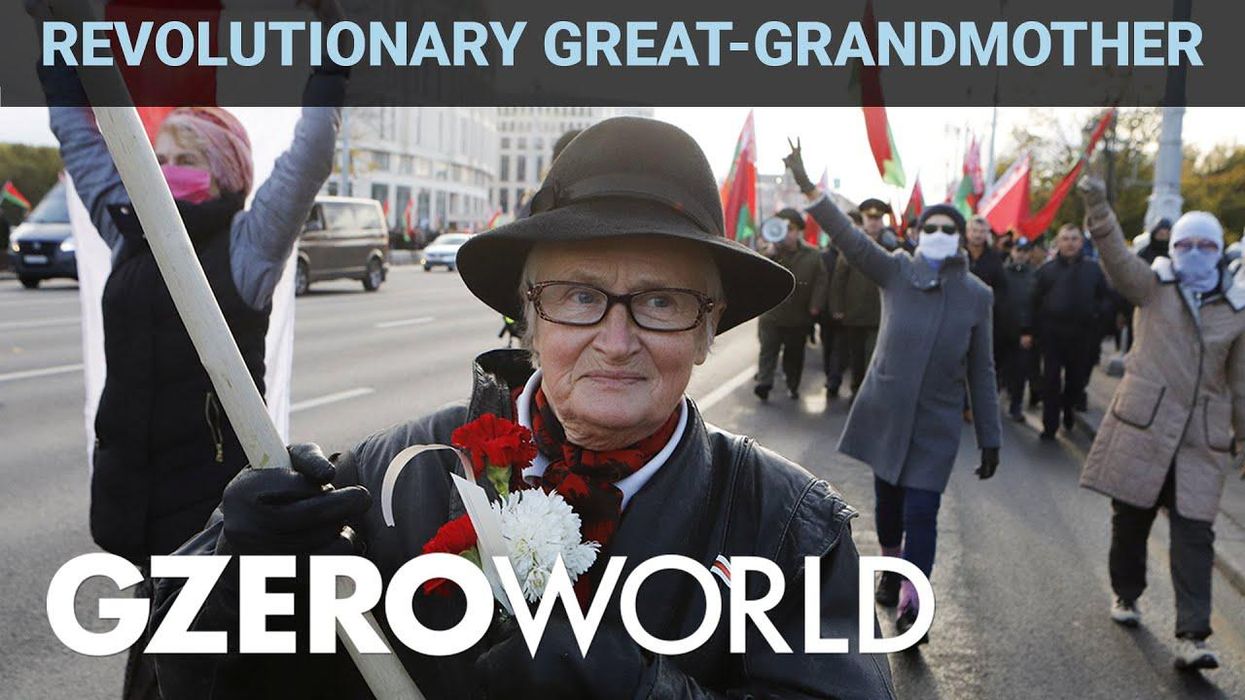Quick Take
Trump’s America: A kleptocracy but not a police state
Is America turning into a kleptocracy or a dictatorship under President Trump, or just stuck somewhere in between? On Quick Take, Ian Bremmer breaks down why US politics is more pay-to-play than ever, but why there’s still plenty standing in the way of any would-be strongman.
Apr 23, 2025

